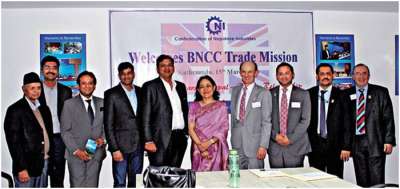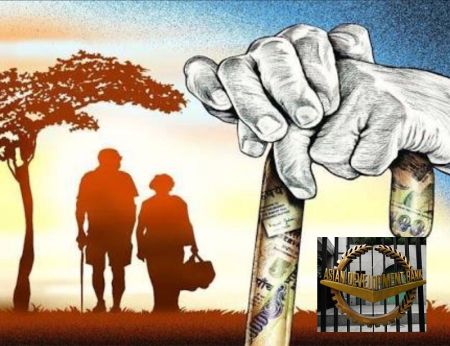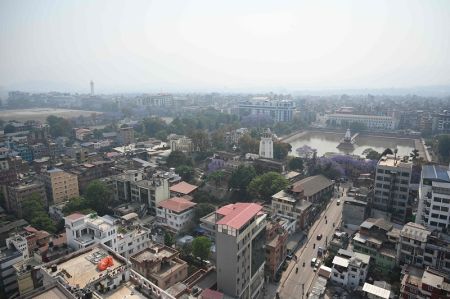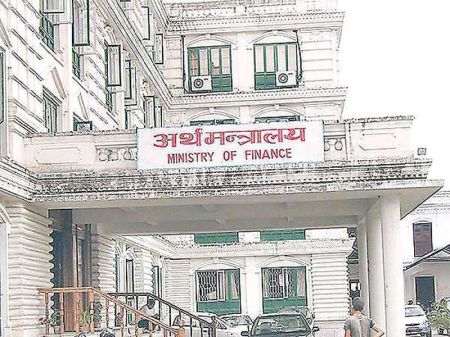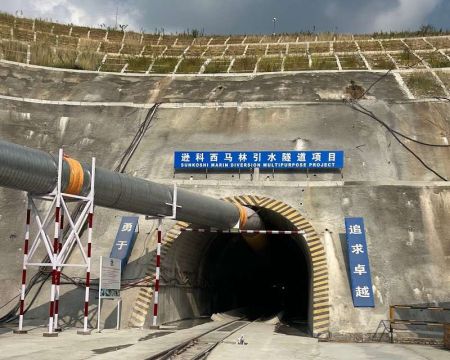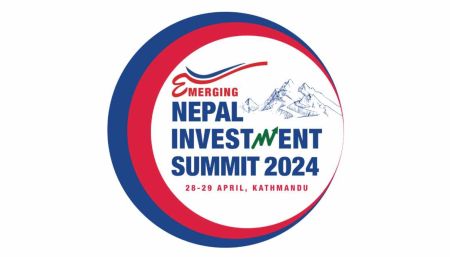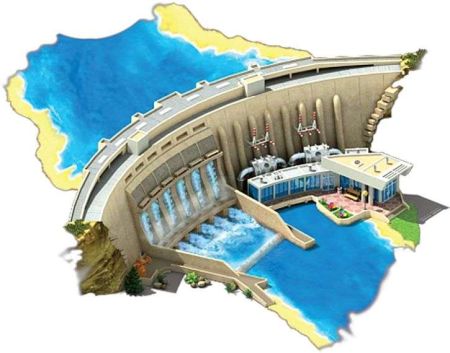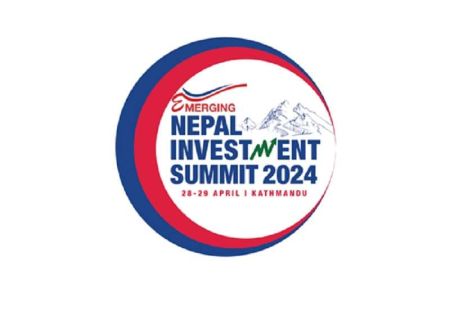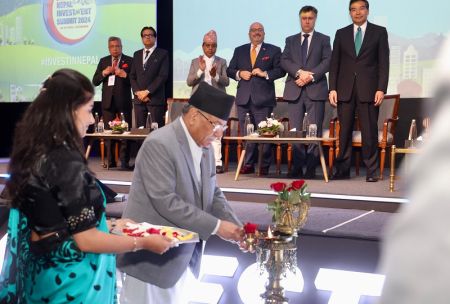--By Siromani Dhungana
Election fever will be over in the next few days but its impact will remain until the next election. People expressed their aspirations and exercised their power during this election so as to set the progressive course for issues that matter them the most.
An estimated 70 percent of Nepalis went to polls on 19 November to elect a new constituent assembly assigned with the responsibility to write a new constitution and pave way for the foundation of a peaceful and prosperous Nepal.
People filtered those parties who often take to the street to fulfill their demands but fail to deliver when they lead the government, Rameshore Khanal, former Finance Secretary, said while analyzing the election result.
The victory of Nepali Congress in the urban areas clearly indicates that urban voters favoured liberal economy, Khanal said. “The fact that majority of votes were secured by Nepali Congress reflects people’s will to be led by a political party which is in favour of social harmony and cohesion.”
Business community was terrorized due to federal agenda put forth by UCPN Maoist, he said, adding that the recent poll results might have relieved the entire business community.
More than 90 per cent businessmen do not want federalism based on ethnicity, he claimed. “The entire business environment would be more volatile if political parties that favour regional and ethnic agenda had won the election.”
In business and economy, policy stability and consistency is more important than caste and region, he opined. “A businessman from Madhesh has to do business in Pahad and vice versa,” he said, adding that political parties now should raise the issue of ‘economic nationalism’ instead of creating tensions among various castes and classes.
Sociologist Chaitanya Mishra said, “The defeat of UCPN Maoist and regional parties shows that people approved less number of federal states.” The trend of votes clearly show that even Madhesi voters do not want ‘One Madhesh-One Province’, he claimed.
Professor Lok Raj Baral said that the Constituent Assembly should carve out federal structure based on economic and other feasibility issues. Popular mandate is completely against the ethnic federalism, he said. “Political parties should consider economic and other aspect while carving out federal structure now.”
Dr Chiranjivi Nepal, Chief Financial Advisor at the Ministry of Finance, stressed on the challenges that lie ahead for boosting the economy. “The country will not get rid of stagnation if Maoist and other fringe parties show rigidity in their agenda,” he said.



